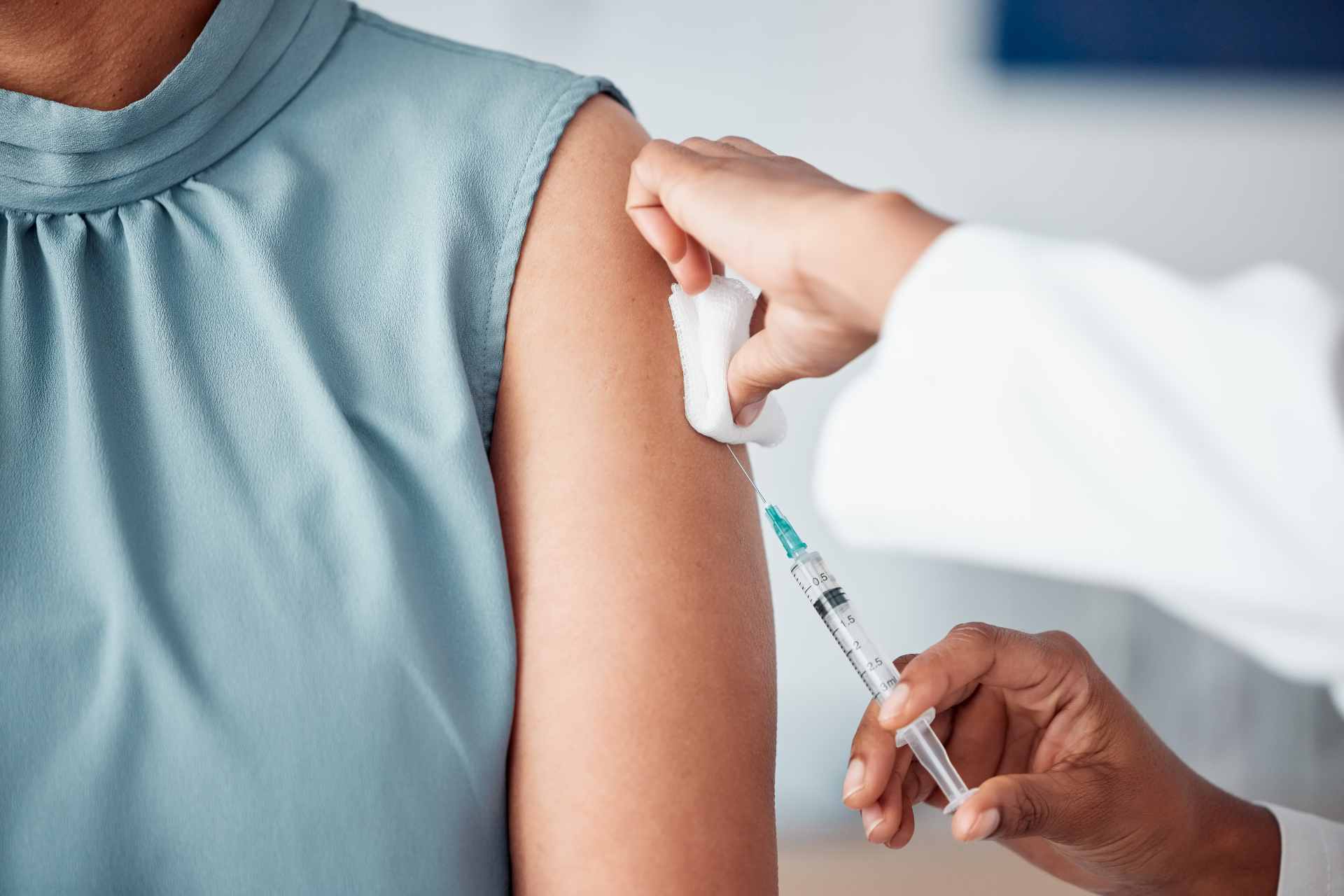Recent research suggests that gut bacteria play a key role in how well vaccines work. A new study now shows that disrupting the microbiota with antibiotics can weaken the body’s ability to produce effective antibodies.
The findings, published in Cell Host & Microbe, indicate that a healthy, diverse gut microbiota is important for mounting strong and lasting immune responses to vaccination.
The results, the authors say, “have broader implications for personalized vaccine strategies and public health implications, antibiotic stewardship and vaccine policy, the role of the microbiome in vaccine development, and therapeutic interventions to enhance immune responses to vaccines.”
Previous studies have shown that a protein called TLR5, which detects bacterial components in the gut, helps boost antibody production after vaccination. However, direct proof of the microbiota’s impact on immunity remains limited.
So, researchers led by Yupeng Feng at Stanford University in California set out to examine how broad-spectrum antibiotics, which disrupt the gut microbiota, affect the immune response to a new vaccine in people.
Supporting immunity
In the study, 18 people received two doses of the rabies vaccine—one on day 0 and another on day 28. Half of them took antibiotics for 5 days after the first vaccine dose, while the other half did not take antibiotics.
Antibiotics lowered the number of gut bacteria by more than 100 times and changed the microbiota composition, with certain bacteria becoming temporarily dominant. Although microbial levels gradually returned to normal in people who took antibiotics, bacterial diversity stayed low for months.
People who took antibiotics had an antibody response nearly six times lower than that of the control group, and this weaker response lasted up to six months. They also had lower levels of protective antibodies and fewer active immune cells that usually help fight off infections.
Increased inflammation
Compared to the control group, participants who took antibiotics showed stronger and longer-lasting signs of inflammation. Analyses of blood samples revealed that antibiotics combined with the vaccine caused changes in metabolites, including increases in certain fat-related compounds and decreases in others.
Antibiotics also lowered the levels of secondary bile acids, which are made by gut bacteria and help regulate inflammation. Overall, the authors say, antibiotics disrupted the body’s metabolic balance, which may in turn affect immune responses.
The findings, they add, suggest that a healthy gut microbiota is important in supporting effective immune responses to vaccines by regulating inflammation, metabolism, and immune cell behavior.









